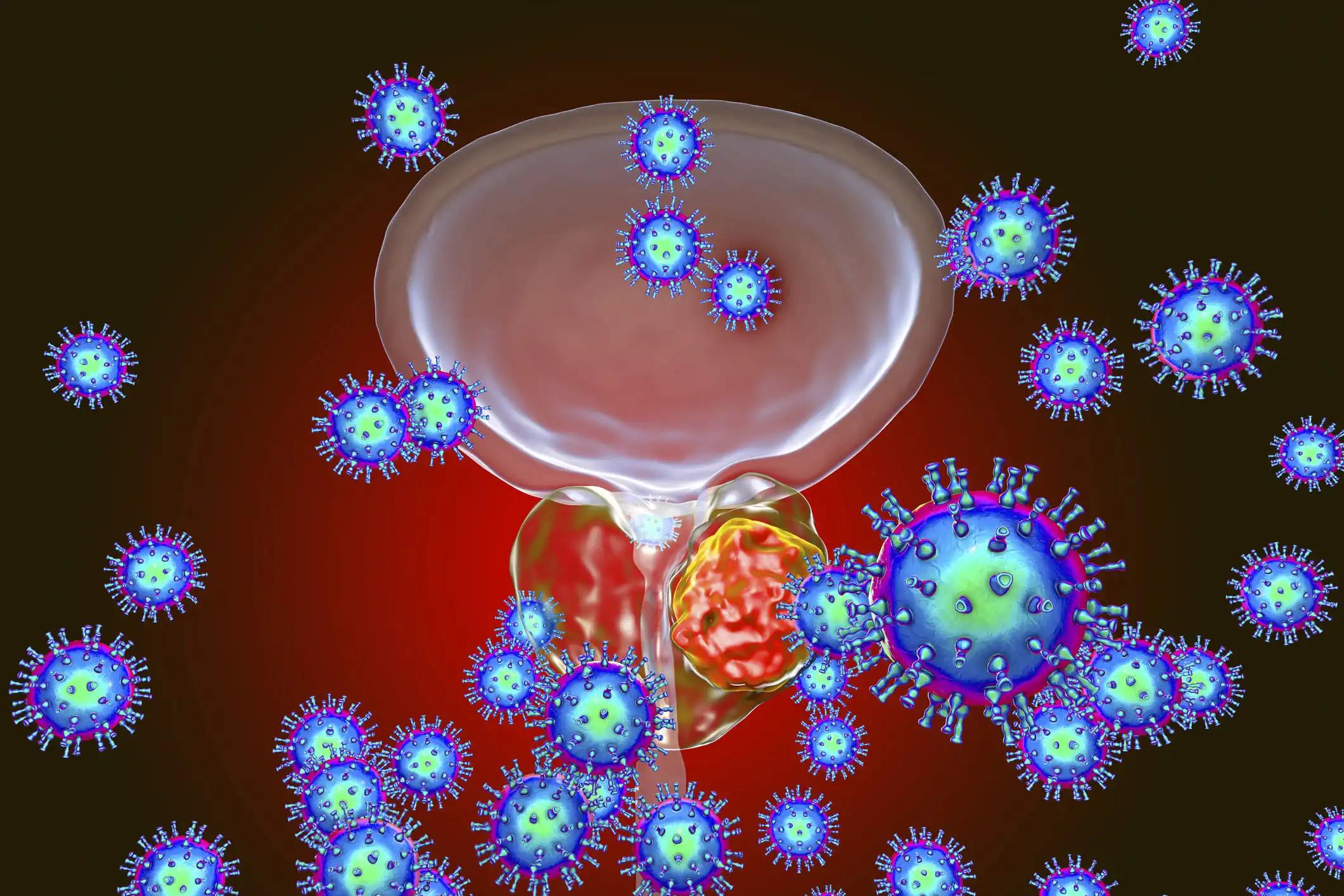KEY TAKEAWAYS
- The study aimed to investigate the efficacy and safety of imidafenacin for managing detrusor overactivity following RARP.
- Researchers noticed that imidafenacin improves urinary incontinence after RARP, even with preserved sphincter function.
Jun Hee Lee and the team aimed to prospectively analyze the effects of anticholinergic therapy with imidafenacin on detrusor overactivity following robot-assisted radical prostatectomy (RARP) also known as prostate cancer surgery. The investigation focuses on evaluating how imidafenacin, an anticholinergic agent, influences urinary symptoms resulting from bladder changes after RARP, specifically targeting the management of persistent urinary incontinence.
They performed an inclusive analysis by following up with patients at outpatient visits 2-4 weeks post-surgery (visit 2) to confirm the presence of urinary incontinence. Those diagnosed with urinary incontinence were then randomly assigned in a 1:1 ratio to receive either the anticholinergic medication (imidafenacin 0.1 mg twice daily) or standard care.
Subsequent follow-up visits at 1, 3, and 6 months post-surgery included observational assessments using the International Prostate Symptom Score (IPSS) and Overactive Bladder Symptom Score (OABSS) to evaluate the efficacy and safety of the treatment.
About 49 patients (25 in the treatment group and 24 in the control group) were randomized for the study. No significant differences were observed between the groups in terms of age, comorbidities, prostate size, or pathological staging. According to the IPSS questionnaire results, there was no statistically significant difference between the medication and control groups (P = 0.161).
However, when comparing storage and voiding symptoms separately, there was a statistically significant improvement in storage symptom scores (P = 0.012). OABSS also revealed a statistically significant improvement in symptoms starting from 3 months post-surgery (P = 0.005), which persisted until 6 months post-surgery (IPSS storage: P = 0.023, OABSS: P = 0.013).
The study concluded that in cases of urinary incontinence occurring after RARP, even with preserved intrinsic sphincter function, pharmacological therapy using imidafenacin can be beneficial in managing urinary incontinence when persistent due to changes in the bladder.
The study was funded by the Chong Kun Dang Pharmaceutical Corporation.
Source: https://pubmed.ncbi.nlm.nih.gov/39249919/
Lee JH, Goh HJ, Lee K, et al. (2024). “Efficacy and safety evaluation of imidafenacin administered twice daily for continency recovery following radical prostatectomy in prostate cancer patients: Prospective open-label case-controlled randomized trial.” Investig Clin Urol. 2024;65(5):466-472. doi:10.4111/icu.20240129



